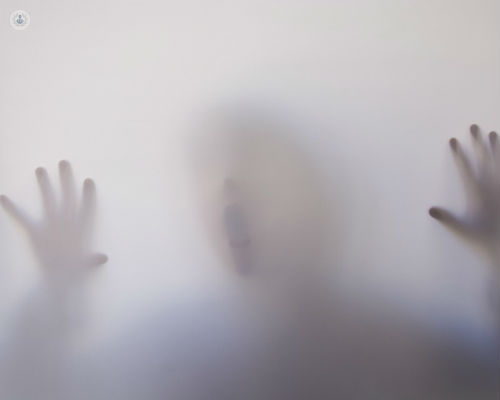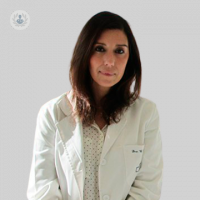Evolution and treatment of Obsessive-Compulsive Disorder (OCD )
Written by:At what point does a mania become an OCD and how can it affect the person's life?
The manias are as we know the ritualistic behavior, the rituals. The rituals are a series of conducts that the person carries out to diminish the anxiety that has generated a thought or an idea of obsessive type. A practical example would be a person who comes to the idea that he can exploit the gas and has to develop a ritual like checking it. What happens is that beyond checking it once you need to check it a number of times. The difference between mania and ritual would be the obligatory character, that is, the person who needs to check it a certain number of times and who can not do without it, who can not leave home without doing so, would have a ritualistic behavior. At that time, a second term also appears. When does this become a disorder? The disorder comes when the rituals multiply and in addition to checking the gas the person would need to check lights, taps, doors, windows ... and it would not necessarily be necessary to do it once, but it would imply a large number of checks or a lot of time, that is, it would take two and a half hours to get out of the house. This implies that there is a time when this behavior seriously interferes with your daily life because it is no longer affecting you exclusively at home, but also that you would be late for work or late for an appointment.

Do all cases need treatment?
Most of the cases, once the obsessive disorder has been diagnosed, require treatment. It is true that there is a small percentage of people who can have OCD and live or live with the disease without needing the help of any professional. However, in most cases, the person arrives at a time when he or she is totally overwhelmed by obsessive symptoms, by their rituals, and needs help.. In this case, what has been shown to be more effective is the combination of a pharmacological treatment and a psychological treatment. The ideal is that the psychological treatment is cognitive-behavioral orientation because it is very focused on the symptoms and is aimed at modifying thought and behavior, which are just the two areas most affected by the obsessions.


